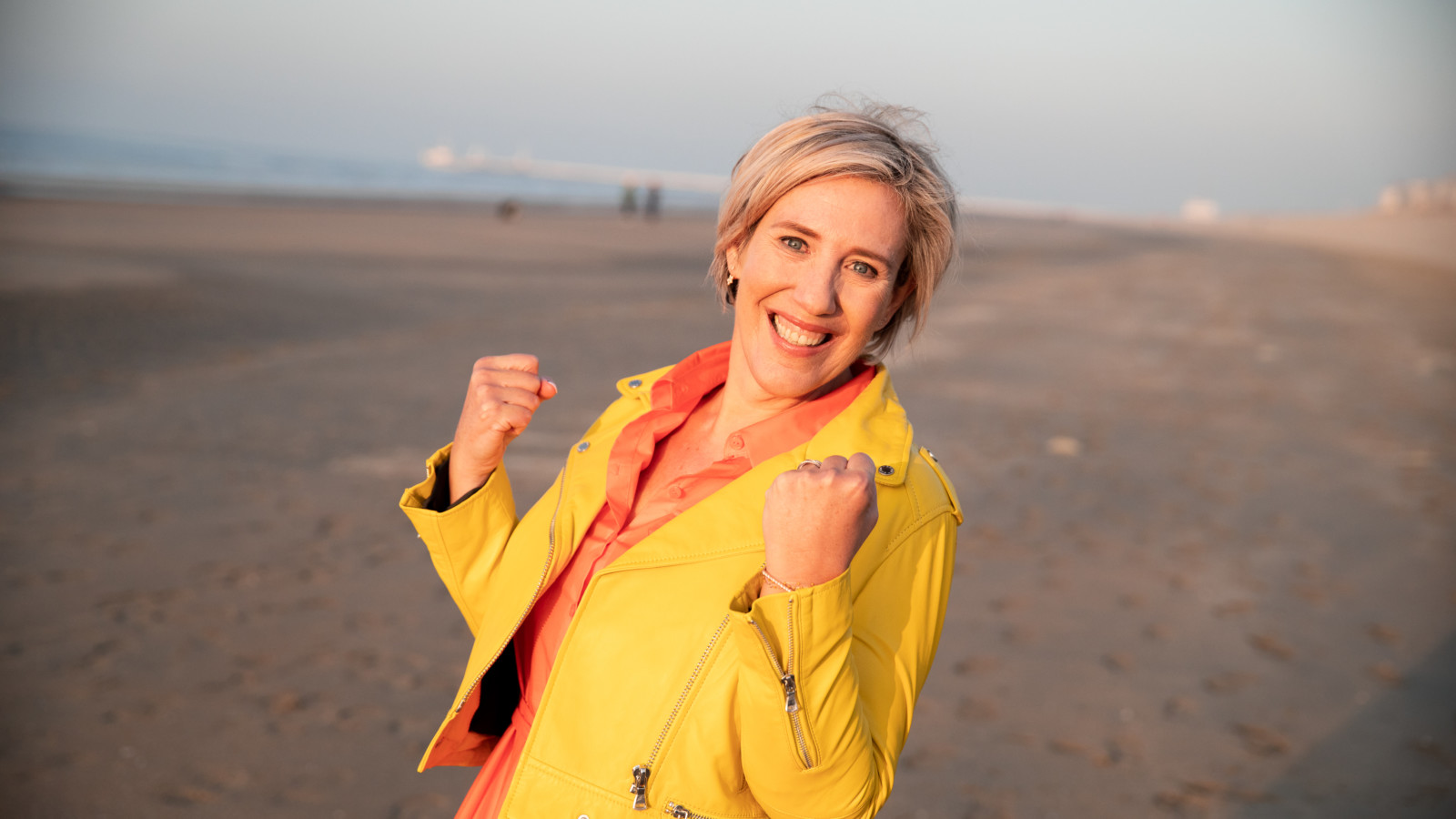I set up my first company, a temporary employment agency, out of vengeance. I felt overlooked by my father, who considered my two brothers the only viable successors to his wholesale plant business. He tried to downsize my entrepreneurial ambition to “a small chocolate store” – the ultimate cliché for a Belgian girl. I refused to do that.
My father’s ignoring my ambition proved to be a blessing, as it only fired my enthusiasm to learn about building and managing a business. I didn’t just want to run a company, I wanted to grow one, and fast. For many years I struggled to claim my seat at the table opposite board members, competitors or investors. It made me adopt the leadership style that a “queen bee” is forced to use in order to be heard: directive, controlling, top-down.
Until that didn’t feel right anymore.
It’s safe to say that my dad ended up being very proud of me. But it took me 15 years to change course as I discovered my own voice, my real voice, and finally found the courage to just be me – participative, authentic, and unapologetic. A few years later I stepped down as CEO in order to devote more time and energy to paving the way for the next generation of female entrepreneurs.
So, to kick off the next chapter of my entrepreneurial life, I founded a company that brings more diversity into the boardroom and also set up an investor fund – 100% fueled by women – that finances businesses run by women. I mentored new entrepreneurs and startup companies and kept telling my story to inspire other women and girls to follow their dreams – and to dream big, on their own terms. I “leaned in” and became the female role model that I missed out on when I was younger and in desperate need of examples.
There are two things the pandemic has taught us. First, the world has become truly global. The virus traveled light, crossing borders and cultures without any distinction. Second, we can’t thrive on our own. We need one another. We need our communities – however small or large – of family, friends, and business acquaintances in order to feel good and perform well.
The pandemic has also created a divide among women worldwide. On the one hand, we see the emergence of self-aware women in business and politics who – rightly – want to kill the girl boss, surpass the predicate “female”, and be judged solely on merit. On the other hand, Covid has had a disproportionate impact on women worldwide, socially as well as financially.
That leaves us, women who can look back in hindsight, with the crushing responsibility to break out of our comfort zones and take down silos. And to connect in a meaningful and truly global way, because we cannot allow ourselves to be thrown back in time – once again, I refuse to do that.
That’s why I decided to write a book on “Resilient Women in a Post-Pandemic World”, sharing insights, hands-on tips, and encouragement from women from all around the world. Their stories inspire me personally and I feel they’re worth sharing. I speak to women who have had to rethink their business (or their whole life), women who stand up and speak out for their community, women who invest themselves in reshaping the world view of young girls.
That’s also why I’m encouraged to reach out to you, female role models, wherever you are, whatever you do, to ask you to join me in:
- Crossing phygital borders. This is a siren call to amplify our networking capabilities and broaden our horizons by connecting with female role models worldwide. I started reaching out to women I had never spoken to or never met. Like Ayumi Moore Aoki, founder of the global movement Women in Tech, who voluntarily devotes some of her time to closing the gender gap when it comes to STEM (science, technology, engineering, and math).
- Reaching out to women who have been hit harder by the pandemic than others because of their background, their color, the vulnerability of their job, etc. Like the courageous Jooyeon Song, founder of ManiMe, who pursues her entrepreneurial dream in uncertain and daunting circumstances.
- Making female role models more relatable. Role models don’t need to be superwomen or top achievers, measured by traditional standards for what we call success. As Jacqui Frost pointed out in her article “The Role of Female Role Models” when referring to the success of the movie Hidden Figures, “movie stars and career idols are not the only ones who act as positive role models”. A micro-accomplishment by the girl next door can be just as meaningful and as impactful on other women’s lives as a public performance by a female celebrity or a female CEO.
So, all you female role models out there, who’s with me?


